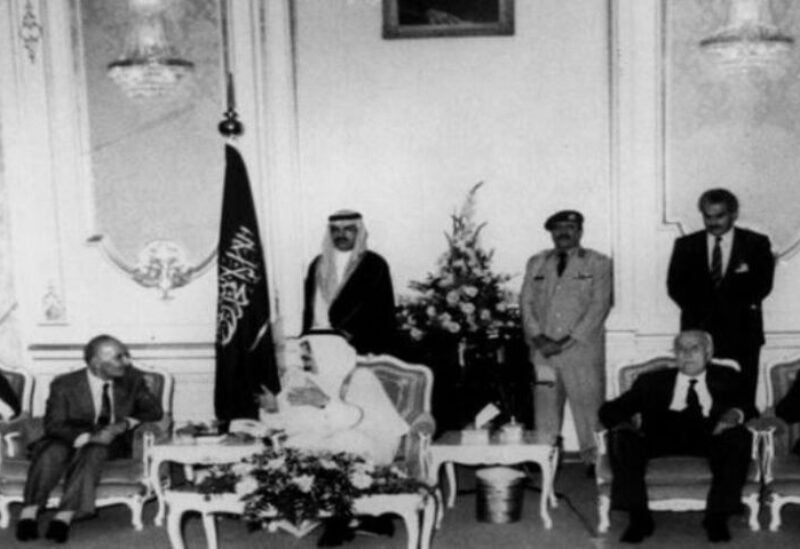
Taif meetings
What does Hezbollah Secretary General Hassan Nasrallah mean when he says, “We are in a regime crisis, not a governmental crisis”?
Usually, Nasrallah does not speak arbitrarily, but rather he directs messages, some of which are internal, and some are external, so what kind of message did he want to convey?
If Nasrallah was content with what he said about the governmental crisis, no one would stop on that, because he repeated this several times, but to say “we are in a regime crisis” means that the crisis is in Taif Accord. The system that prevails today is the “Taif system” and when there is a crisis in the system, this means that there is a crisis in the Taif. The latter is no longer just a document, but has become a constitution as two-thirds of the constitution’s articles were amended after the Taif Accord, and were inspired by the Taif clauses.
If there is a problem in Taif, does Nasrallah mean that what is required is amending the constitution? And if this is what is meant, what is the mechanism to modify it? Is it through the Parliament through amendments proposed by the government? Or through a “founding conference” that was suggested and withdrawn again?
What is meant by the founding conference?
A constitutional reference told “Sawt Beirut International” that the “founding conferences” that end successfully, establish a new constitutional stage. However the success of such conferences is rare and stipulates creating internal and international circumstances for it.
The source continued: “Many conferences took place between 1976 and 1989, and none of them reached a result except the Taif Conference. The “Dialogue Conference” was held in Lebanon in the mid-seventies, during the era of the late President Suleiman Franjieh, then the Geneva and Lausanne conferences were held during President Amin Gemayel’s era.
Only the Taif Accord held in October 1989 reached a conclusion: it ended the war and radically amended the constitution.
The Taif Conference would not have led to the “Taif Agreement” without the Arab’s sponsorship, led by Saudi Arabia, Algeria, and Morocco. These countries formed the tripartite supreme committee, and without the international support, mainly United States, and Vatican in the forefront. Even with this support, implementation of the Taif Conference faltered and was delayed for a whole year because the head of the military government at the time, General Michel Aoun, repudiated Taif and refused to hand over the Baabda Palace to the new President Rene Moawad, who was martyred by a car bomb, and the late President Elias Hraoui who was elected after the assassination of Moawad.
Today, which conference will succeed amid these internal and external conditions?
There isn’t any internal and external agreement, and the Arab and international conditions are not ready.
And if these two things are self-evident, then why does Nasrallah raise the “crisis of the regime” knowing that today’s conditions are limited to securing a bundle of bread, a box of medicine, and a tank of gasoline? Is this proposition a distraction, and in order to pass some issues through this type of “smoking bombs”?